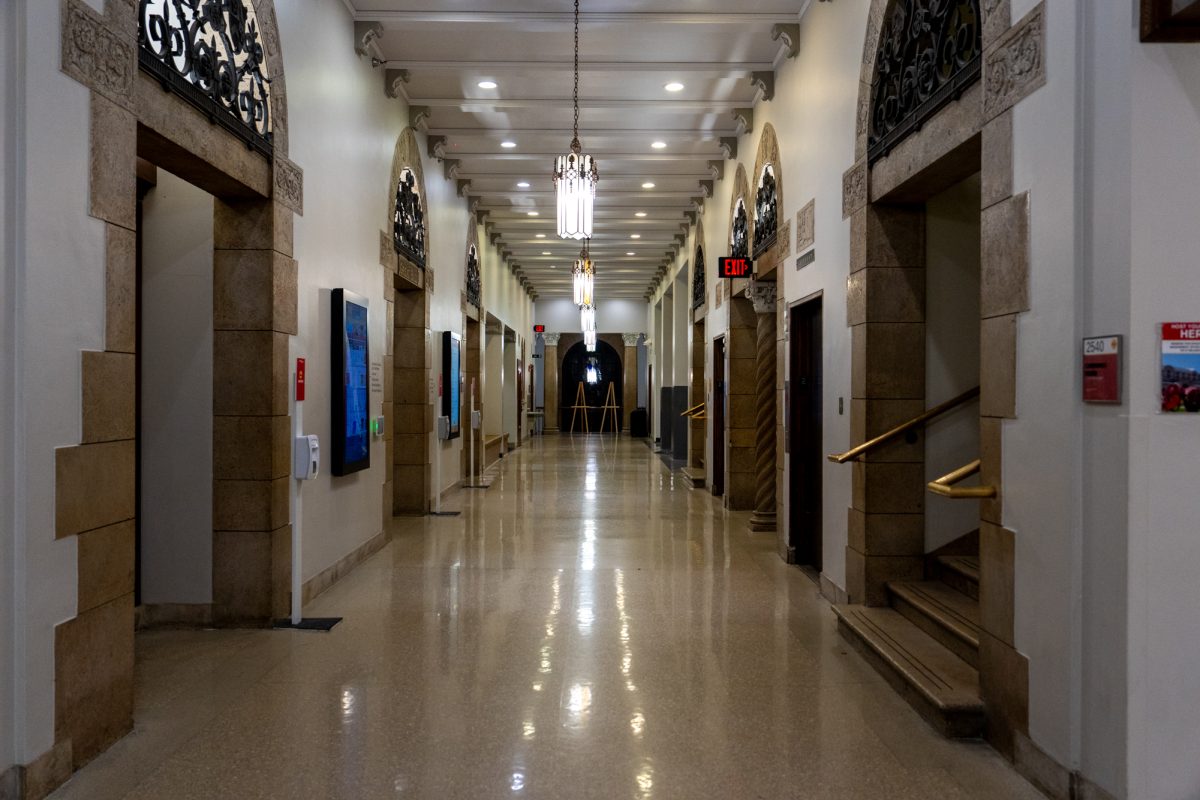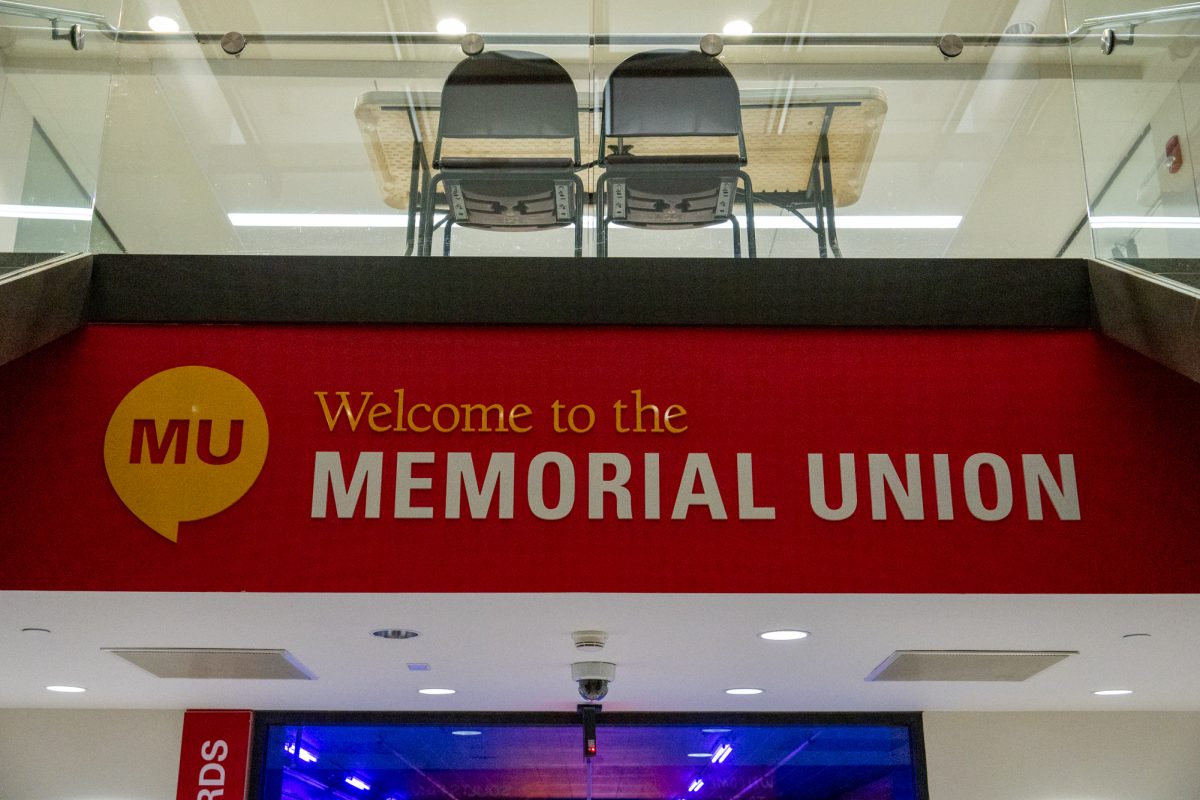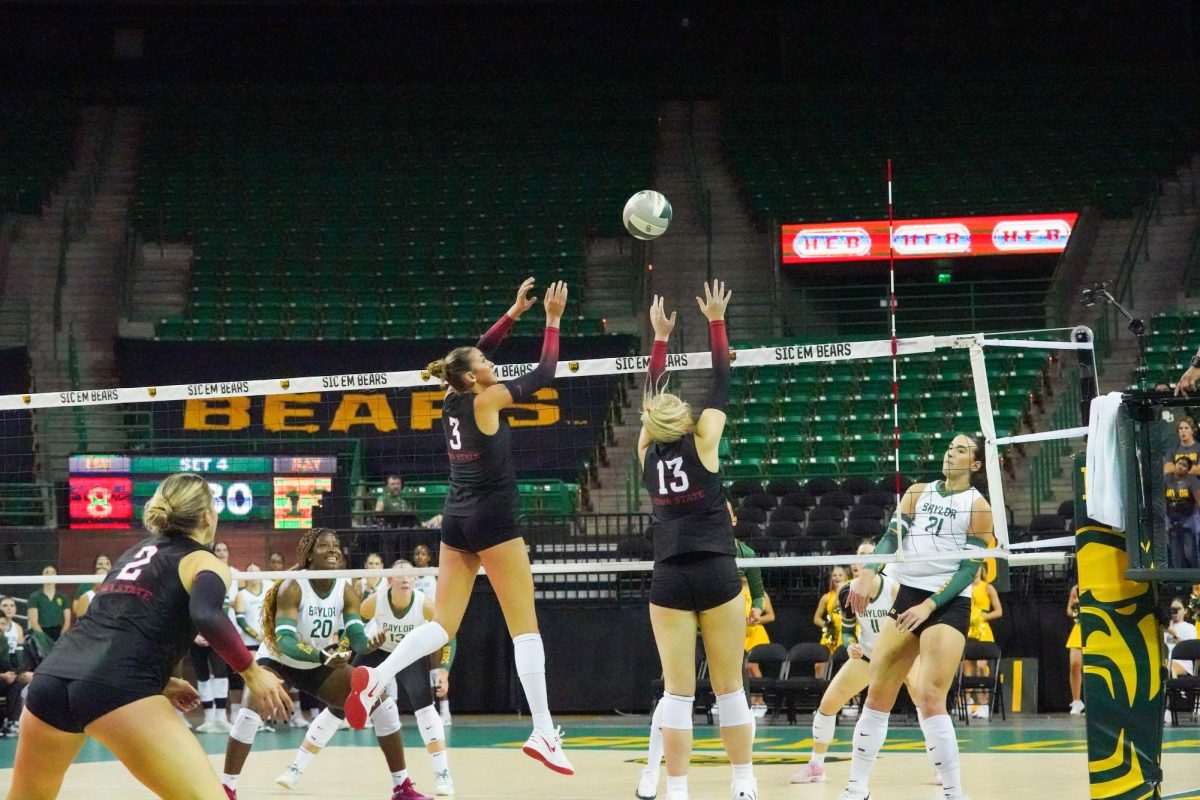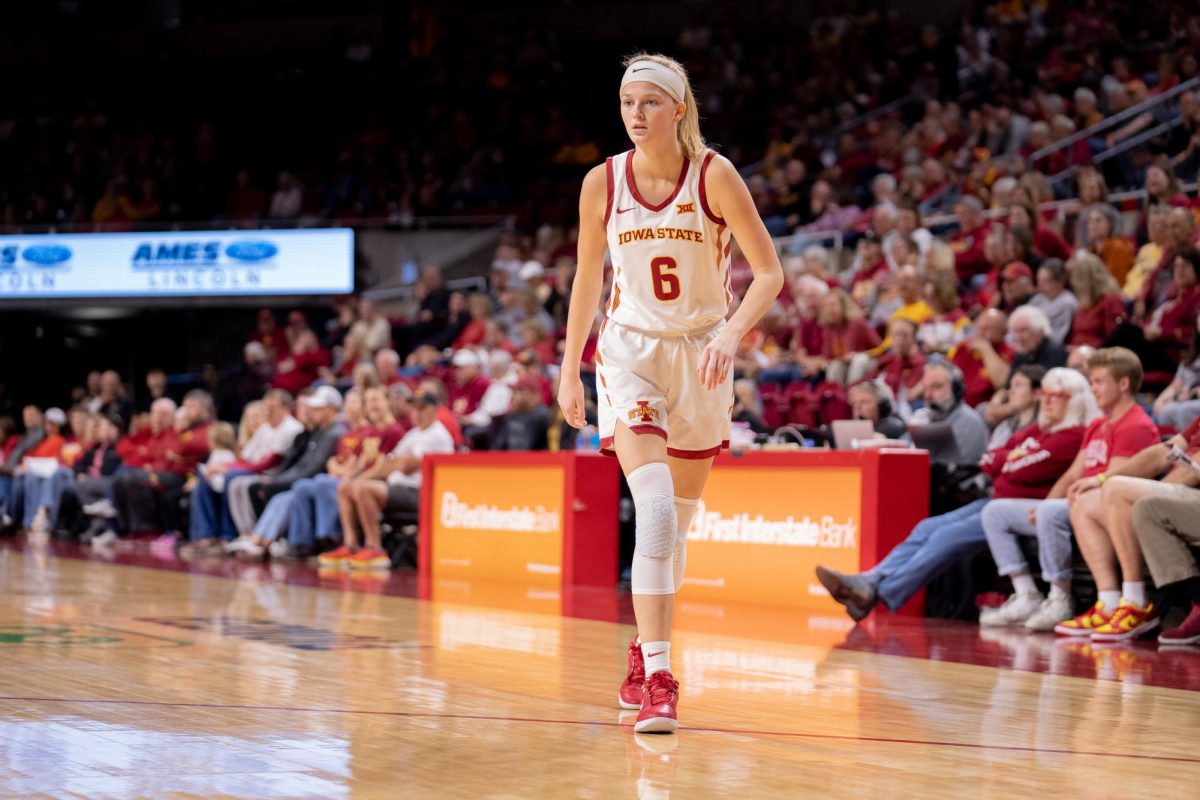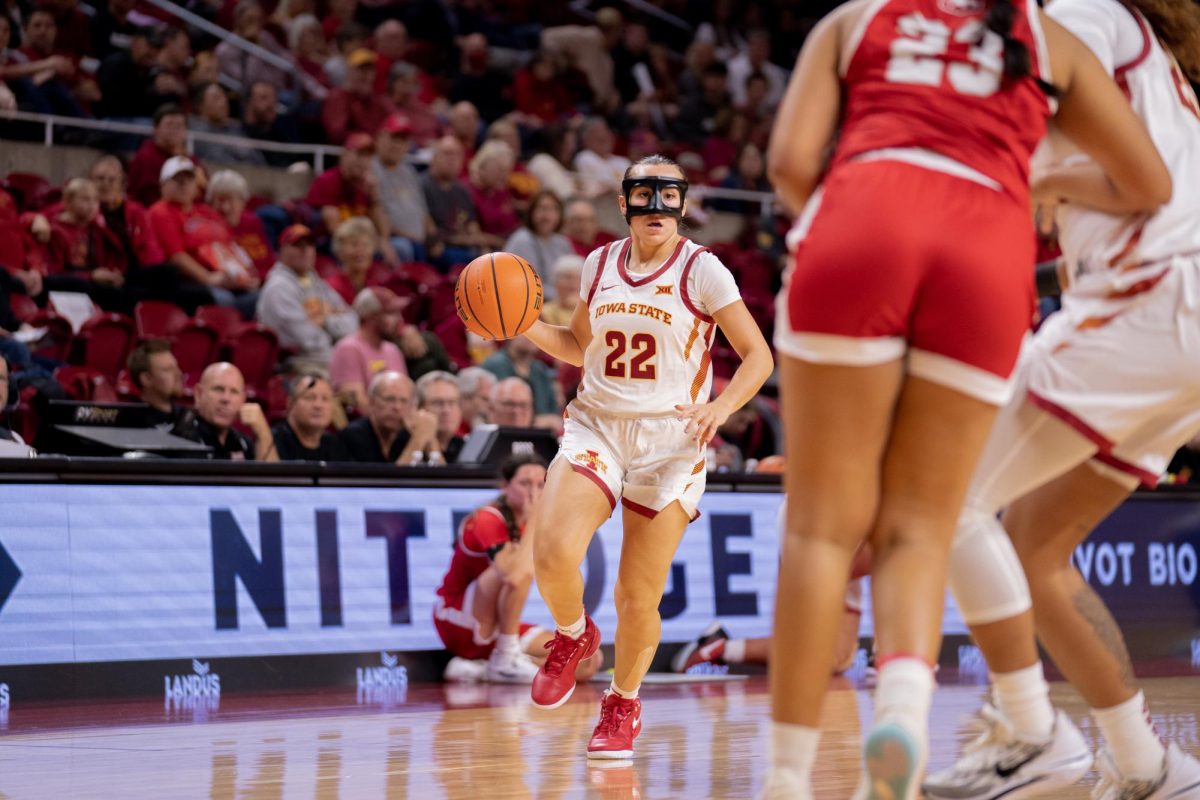Republican campaigns begin early
August 28, 1995
The Republican Party began campaigning unusually early for the 1996 presidential election in order to take advantage of President Clinton’s vulnerability after the 1994 congressional elections, Republican Party officials said.
The GOP won “historic victories” in the 1994 congressional elections, Brian Kennedy, chairman of the Iowan Republican Party said. Because of these victories, Clinton is in a very vulnerable position, Kennedy added.
“The Republican nomination is a prize worth winning,” Kennedy said.
As a result, Kennedy said, Republicans have initiated an early campaign, beginning with Phil Gramm in early 1995.
Republican candidates recently gathered in Ames for a party straw poll at Hilton Coliseum, a full year before the election.
Sharon Snyder, an official with the Federal Election Commission Press Office in Washington, D.C., said presidential campaigning is “predetermined by what is happening in the particular states.”
“In 1986, the campaigning began very early and the opposite happened in 1992, the campaigning began very late,” Snyder said.
The party that doesn’t currently control the White House is usually the party that is out campaigning first, said Mike Peterson, chairman of the Iowa Democratic Party.
Peterson said the advantages to campaigning early are two-fold. “Name identification and organization of the candidate’s campaign will benefit from an early campaign,” Peterson said.
There is no law that says how early a candidate can begin campaigning, however, a candidate must have his or her budget approved before official campaigning may begin, Peterson said.
Gramm, a Texas senator, is among 10 republican candidates already officially, or unofficially, campaigning for the Nov. 5, 1996 presidential election.
“Campaigning detracts from governing,” which is why Clinton hasn’t announced his candidacy yet, Peterson said.
Though Clinton is not yet an official candidate, Peterson is confident the president will do well. “Eighty-five percent of democrats in Iowa like Clinton,” Peterson said.
Peterson added that the later campaigning begins, the less money will be spent.
And there are limits on the amount of money which can be spent by the candidate and the party, Peterson said.
“Limiting the money spent evens the playing field between the incumbent and the opponent,” he added.


